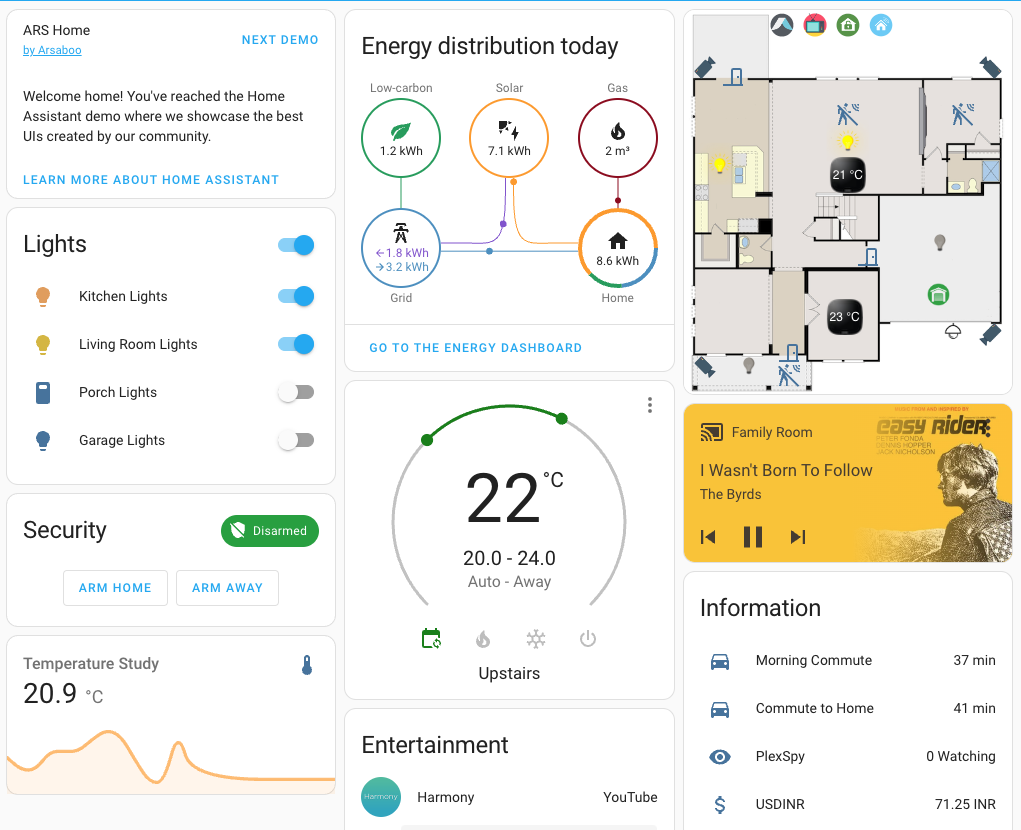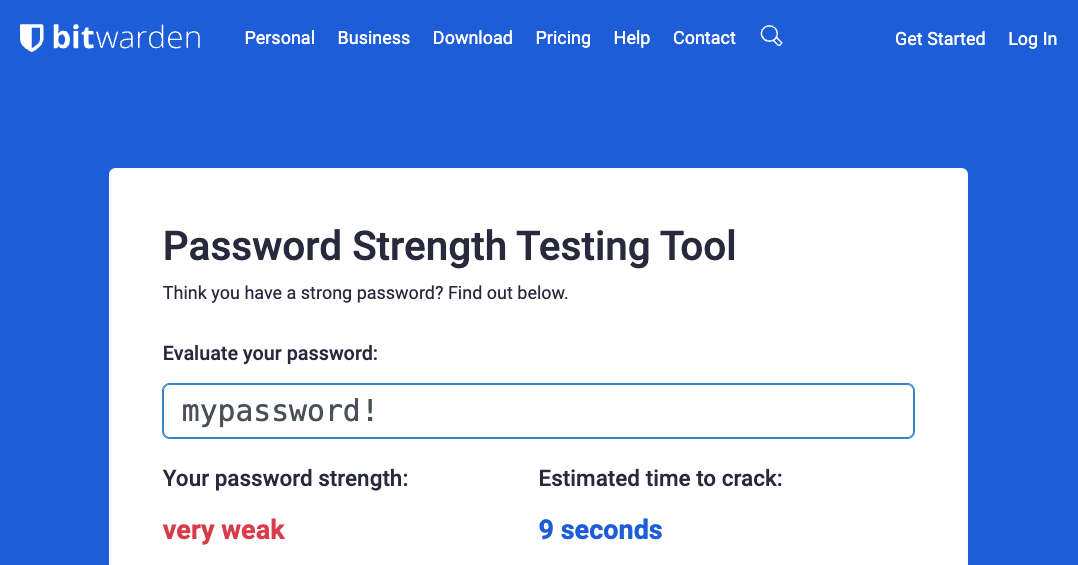Late last year, I paused most of my social media accounts. And long before Elon took over Twitter, I created an account, mostly for trolling (in the fishing sense) the political extremes, and to observe how the platform would try to engage my fresh account.
This painted a bleak picture of society; as ad-driven platforms’ currency is user-engagement, it’s no surprise that optimized engagement feeds users’ outrage. Fast forward to today, and The Last of Us on HBO feels almost tolerable. The only post-apocalyptic framing I need of society is a highly-produced drama series, with a healthy dose of puns and Pedro Pascal. In hindsight, this has been a gradual transition for me.
Slow and Steady
Back in 2017, I stumbled on a project called Home Assistant and decided to give it a go since I planned to add to my Philips Hue Bridge & bulbs, but wanted the flexibility to test other brands’ devices. So I dove in head first, with a Raspberry Pi, a Z-Wave stick, some smart sensors and an indoor camera.

Working with open-source software gave me an appreciation for how a community could drive a collective vision forward, even if at times I felt lost and confused, slightly modifying the same questions in search engines to troubleshoot an error, bouncing back and forth between support forums, Discord, and Reddit subs. To this day, I still tinker with new sensors and automations (sometimes getting lost). But back then the project piqued my interest to find alternative options for everyday apps provided by the big tech platforms.
The first one that I stumbled on was Signal; a secure messaging platform that operates as a non-profit with a focus on privacy. From their website:
Signal is free to use and there are no ads, no affiliate marketers, and no tracking in Signal. As Signal is an independent nonprofit, development is supported by grants and donations from people like you. You are welcome to contribute or donate and we appreciate your support.
Home Assistant was for tinkerers, but in finding Signal, this felt like the validation that open-source projects could rise to the mainstream and honestly compete against for-profit incumbents, especially if they differentiate on privacy.
Growing the pack
A couple of years after moving in with my now-wife, I decided to pitch her the idea of password management. For all her redeeming qualities, she used the same password for nearly every account she ever created, or a 1-2 character variation. While I ignored the alarm bells going off in my head, I spent a couple of hours creating an account and helping to migrate passwords from her web browser into a tool I had used for several years.
The results were unsuccessful; the effort it took to use the password manager in practice did not outweigh the benefits; my wife routinely reset passwords after a few failed login attempts, and the new password would not be saved in the account I set up.
Realizing the issue was the ease of use, not the underlying concept, I set out to find a better option. Enter Bitwarden.
Bitwarden is not a non-profit but offers free and very affordable plans for personal use. If you spend a few minutes browsing their blog or their tools (check your password strength), you’ll quickly see their focus on privacy and security. Plus, if you’re super paranoid, you can even host their software on your own servers.

The big one
Changing password managers is tedious, but ultimately not a huge lift— both in terms of complexity and data size. Changing email platforms after using Gmail for nearly my entire digital life is more daunting, though, especially without strong data portability and the risk of leaving something important behind. Thankfully, my newly selected email provider, Proton Mail offered an array of tools for migration, all for free.
Ultimately, my old Gmail account remains active, with minimal usage except for email forwarding, while all my new communication is sent from a Proton email address. Some hardcore privacy folks will point to this and say Google can still sniff my emails when I send messages to Gmail users, but this doesn’t concern me.
Back to the start of this story; when I deactivated my Facebook, Instagram and Twitter accounts: before doing this completely, I had to disconnect any services I had previously logged into using one of these platforms. After this was sorted, I went through with deactivation.
This option was perfect for me because it preserves all my information in case I change my mind, but effectively removes them from my day-to-day life. I still use Reddit and LinkedIn, neither of which are perfect, but I can focus my energy on those platforms for specific activities.
Closing thoughts
When I was a kid, the free alternatives to the top-paid software programs were things like GIMP and OpenOffice.org (RIP). If you don’t remember or never used these, they were pretty painful in those days.
Today, I frequently joke with friends that our next big business idea is OnlyFans for ________. Though unimaginative and unlikely to succeed, the underlying premise is about connecting consumers directly to the digital creators of things they value. You know, free market capitalism.
The economist in me has concerns about the free rider problem, but these platforms and others have found ways to sustainably re-think traditional commercial business models. I will be very interested to see if Section 230 faces any significant reform in the coming months. Below is a list of some of my favorite organizations or projects in this realm that have found a way to survive on more than just advertising revenues.
Some favorite small tech things
- DuckDuckGo an all-in-one privacy solution for the internet
- Voice of San Diego a non-profit investigative news org covering my region
- Capitalisn’t a podcast about what’s working in capitalism & what isn’t
- A Brief (and Ancient) History of GIMP the free and open-source image editor
- Apache OpenOffice f.k.a. OpenOffice.org, donated to Apache Software Foundation in 2011
Now I feel a little bit liberated from regularly doom-scrolling. I feel more like Dave from Breaking Away:

Dennis Christopher as Dave Stohler in Breaking Away (1979), winner of Academy Award for best screenplay.